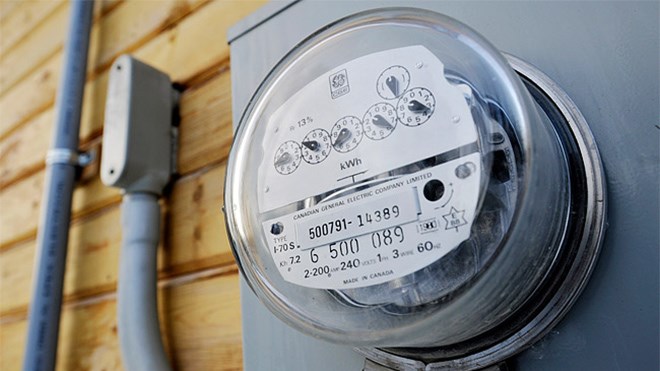The provincial government says it has generated $1.8 billion from the first phase of the Hydro One initial public offering, which has now concluded.
The government will continue to hold approximately 84 per cent of the company and says it will proceed with future offerings in a careful manner, reducing the province’s stake to 40 per cent over time, while remaining the largest shareholder.
The Liberals say the first phase of the sale puts them on track to raising $9 billion in net proceeds from divesting 60 per cent of Hydro One.
The government plans to invest $4 billion from the sale into infrastructure, and the remaining $5 billion to reduce debt.
In addition to the gains from share offerings, the government says it is benefiting from an estimated upfront gain of $2.2 billion, from the deferred tax asset benefit, as well as a special payment of $1 billion. This special payment was broken down in the prospectus as an $800-million dividend that will go to pay down debt and payables associated with the old Ontario Hydro, and $200 million in additional payments-in-lieu of taxes.
Ontario will direct all net revenue gains from the province’s sale of Hydro One common shares into the Trillium Trust which, in turn, will be used to fund infrastructure projects across Ontario.
The provincial government says it expects to generate 110,000 jobs per year with its 10-year plan to invest more than $130 billion in infrastructure.
But the sale of Hydro One has been plagued with controversy.
In a report published Oct. 29, Stephen LeClair, Ontario’s first Financial Accountability Officer, said the province could net as little as $6.8 billion from the sale, leaving a far smaller amount remaining for infrastructure. And once complete, the province would lose out on $500 million in Hydro One revenues a year.
Both the NDP and Progressive Conservatives have opposed the sale.
"Every other jurisdiction where there has been a selloff of hydro, it has (led) to a rise in rates," NDP Leader Andrea Horwath told NorthernLife.ca in late October. "People can't pay their bills now. We cannot afford higher electricity bills in the Province of Ontario. When New Democrats started criticizing ... the selloff of Hydro One, that was one of our biggest concerns."
PC Leader Patrick Brown has also publicly opposed the sale.
“Coupled with the (Ontario Energy Board’s) recent announcement that hydro rates will increase on Nov. 1, average Ontario families will continue to struggle to pay their hydro bills,” Brown said in an Oct. 30 press release.
“The public does not support this fire sale. Ontario’s financial watchdog says the sale will deteriorate the province’s budget balance. The Wynne Liberals should do the right thing, and put an immediate stop to the sale of Hydro One.”
To date, 185 of Ontario's 444 municipalities have passed motions calling for the government to change course on its plans to sell off 60 per cent of Hydro One.
Join Sudbury.com+
- Messages
- Post a Listing
- Your Listings
- Your Profile
- Your Subscriptions
- Your Likes
- Your Business
- Support Local News
- Payment History
Sudbury.com+ members
Already a +member?
Not a +member?
Sign up for a Sudbury.com+ account for instant access to upcoming contests, local offers, auctions and so much more.
